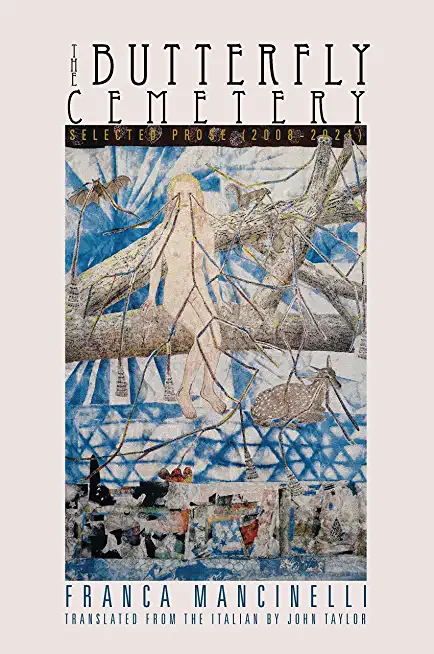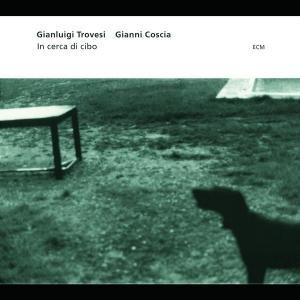
When reading her poems, prose poems, narratives and personal essays, we are compelled to face up to the hypothesis that our true home is not, or not only, the here-and-now. And that our true form, or at least one of our true forms, is equally the previous one and the next one, both of which we can attempt to picture. This is why death, when it is invoked by Mancinelli, is not morbid, tragic, or dramatic. Non-being can be viewed as an origin. So can non-hereness and non-nowness, that is, our prior and future non-presence in time and space as we know them. Personally, and not just as the translator of her clearsighted and deep-probing prose and poetry, I would like to say that Mancinelli's writings have helped me to open my own eyes to the invisible in a different way. Whatever intimidating darkness might have initially inscribed the words in her body, these texts often have a luminous and calming effect. Staying close to the origin, she observes in The Invisible as the Facing Page, leaving room for the invisible as the facing page. Every time we hold a pen we must remember this ancient branch with which we wrote as children, when we were translating from the invisible (our own body, our presence, was a recent translation from the invisible).
Fiction. Poetry. Essays. Translation.







